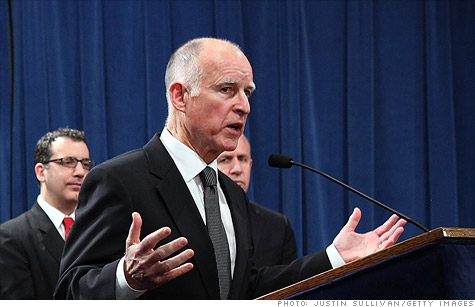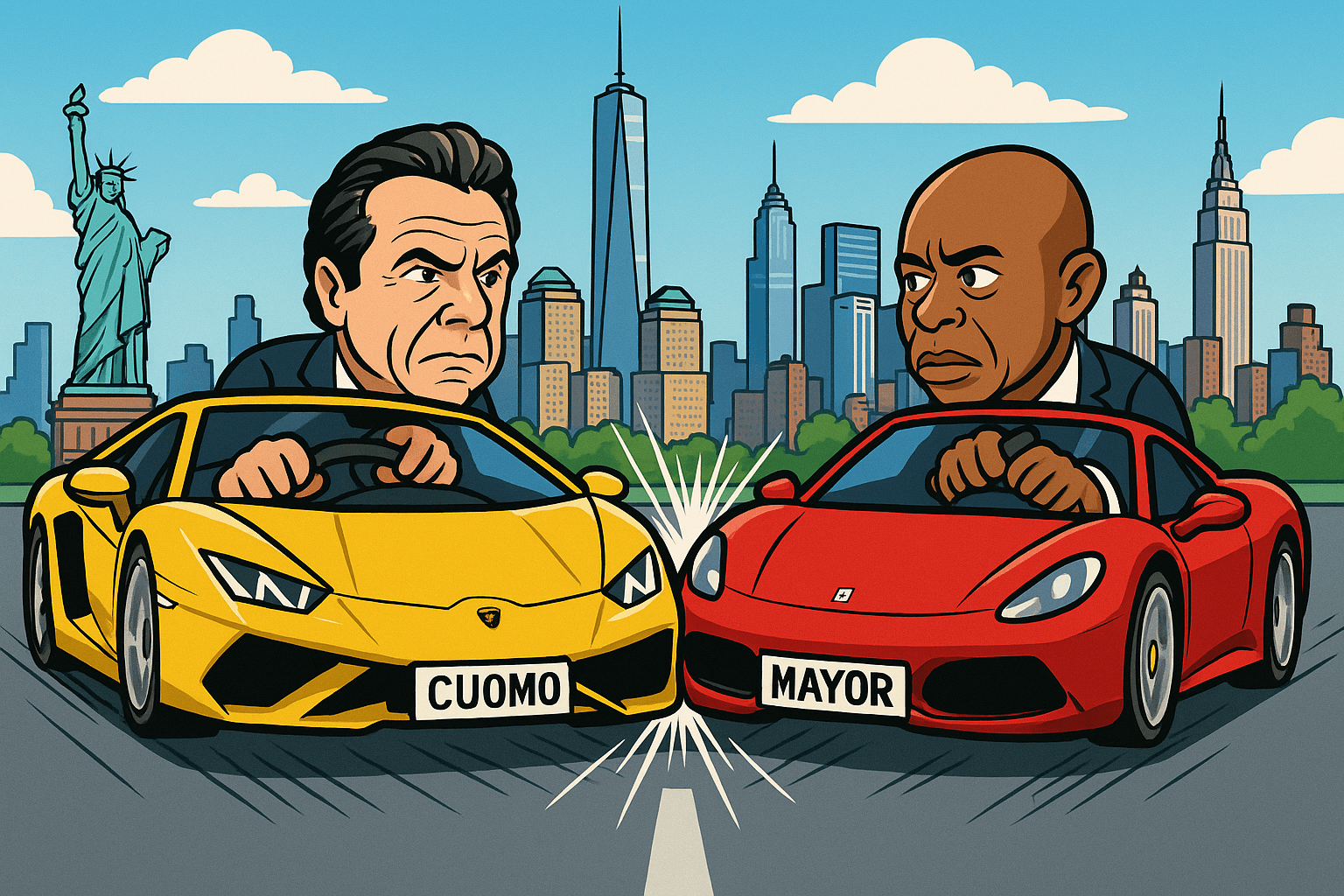Majority of Independents oppose Governor Brown's tax extension proposal

On the heels of Gov. Jerry Brown releasing his revised budget in May, a recent poll conducted by the Public Policy Institute of California (PPIC) found that opposition to his tax extensions was highest among Republicans, followed by Independents.
Along with the 58% of Republicans that opposed the tax plan, 53% of Independents statewide joined them in expressing the same sentiment. Even among Democrats, whose party controls the governor's seat as well as both chambers of the state legislature, support for Brown's measures was 49%.
In the case of a special election favored by voters, the tax extension would likely fail according to the poll's findings.
Despite the less than enthusiastic sentiment over the specifics of Brown's tax extensions, voters still agree to a large extent that the proposal to temporarily extend taxes should be decided upon by a special election. 76% of likely voters said that they would want some hand in deciding Brown's plan. That's compared to just 21% of likely voters who want to see the governor and legislature work out a deal for fixing California's budget gap.
Measuring voter sentiment of Governor Brown and the California legislature respectively, it's understandable why voters would want to be a part of the decision making process, instead of leaving it up to them alone. Approval for Brown's current job as governor is below 50% among Independents (45%) and among Republicans (26%). Unsurprisingly, 58% of Democrats support Governor Brown's current job in California's highest office.
The California voters' assessment of the state legislature is a lot worse. Only 17% of Independents and 14% of Republicans approve of their current job. Among Democrats, approval is only 23%. Across all party lines, disapproval for the current job performance of the California state legislature lies above 50%. In this area as well, Independents join Republicans in expressing the highest disapproval rates.
With the state legislature having a lengthy history of gridlock and fiscal mismanagement, it's not surprising that voters want more control over their financial destiny. Through June 2012, the state faces a $9.6 billion budget deficit. While Sacramento may have its own problems, the electorate itself faces the tension of not wanting to cut programs in education, and health and human services, all the while facing the possibility of paying higher taxes for current levels of services. They must decide what course they want to take.
Perhaps shifting control of certain services from Sacramento to local neighborhoods is a start. Furthermore, it might be a widespread and growing reflection of what voters want nationally to take place in terms of shifting control from a federal bureaucracy to the states. If such a shift takes place in California on a much smaller scale, and the experiment works in turning the state around, the Golden State could go from laughing stock of the nation to the shining state it once was.
For now, as a viable solution to California's financial future remains unclear at this point, the outlook that voters have of the state's future is more than clear. Independents, Republicans, and Democrats all agree by more than 50% that the state is headed in the wrong direction. The question that remains is: Where to from here? What will it take to right the ship? The state's fate lies in the hands of California voters.




